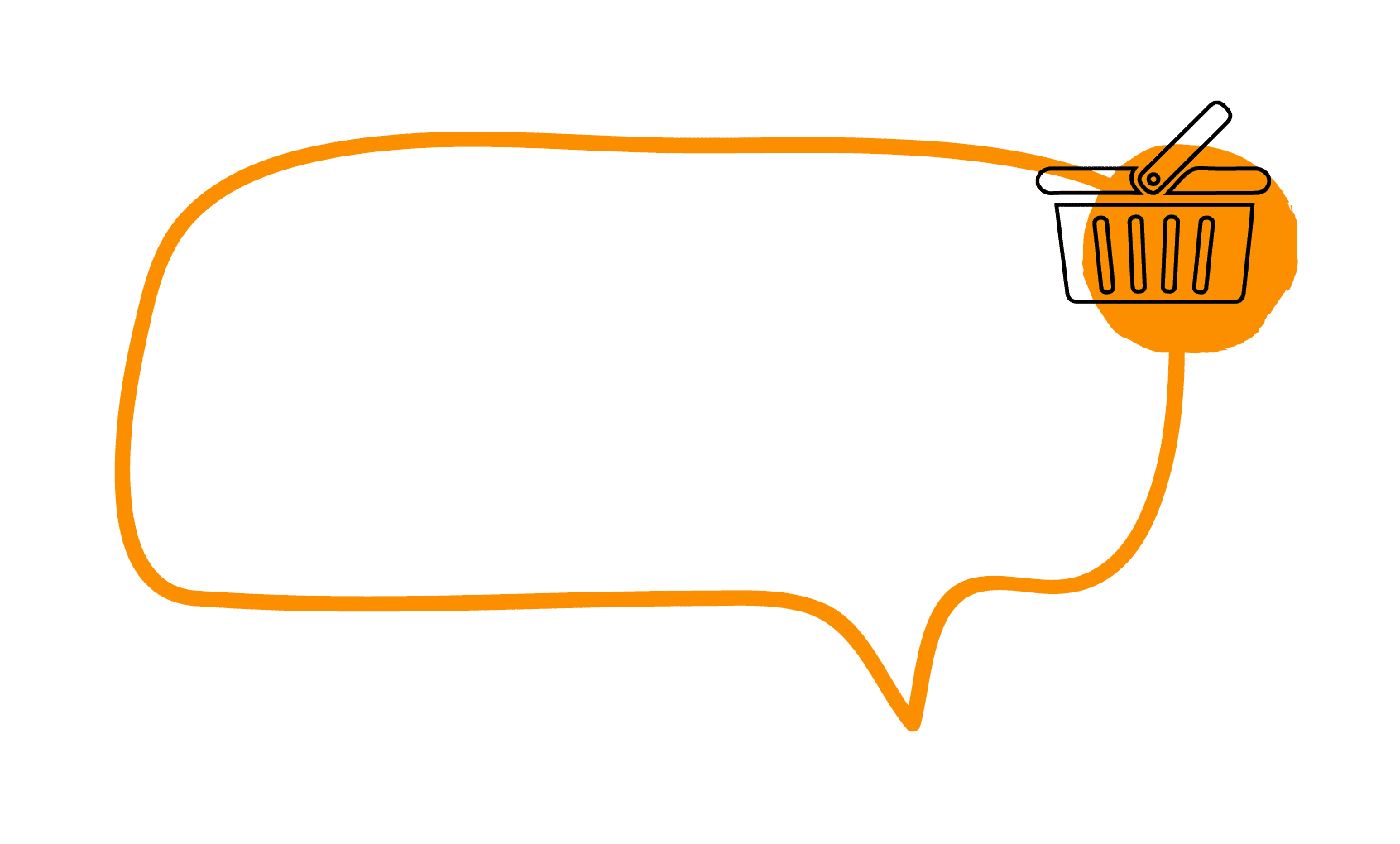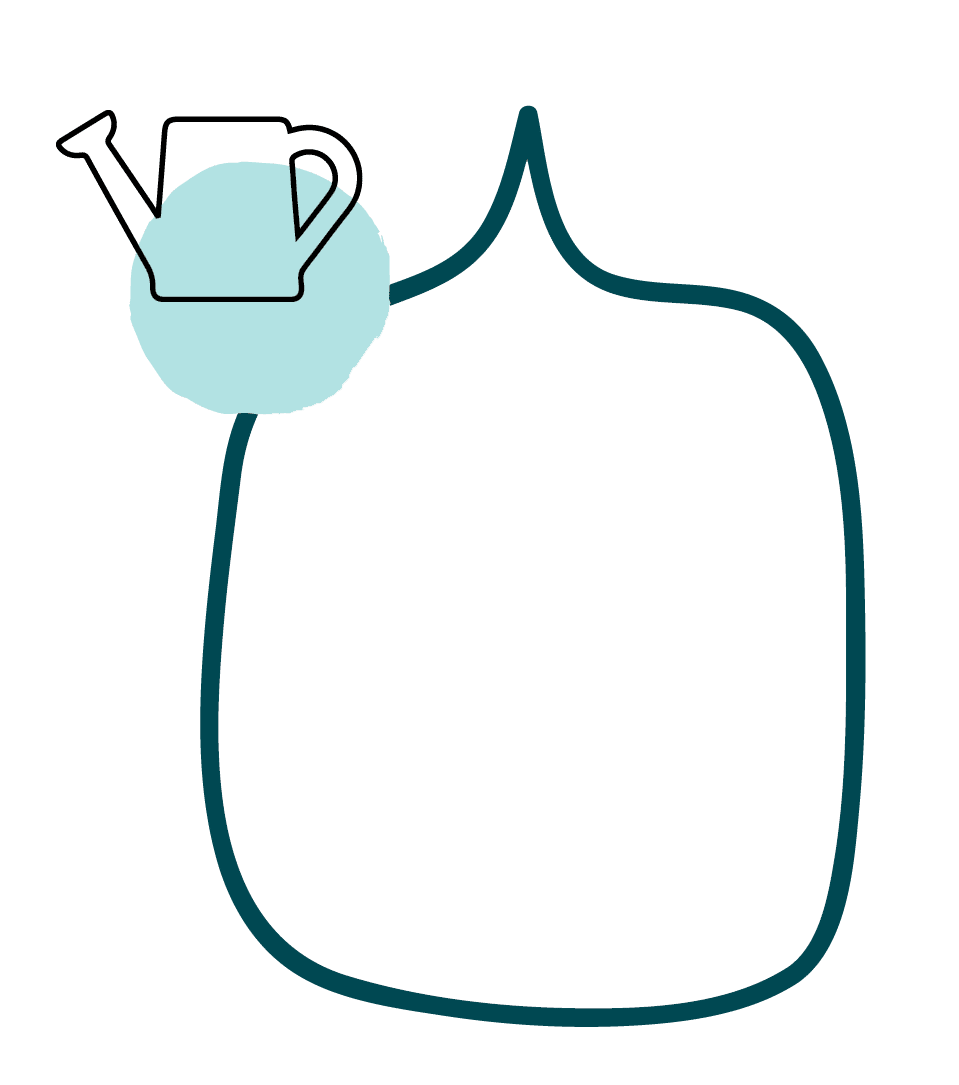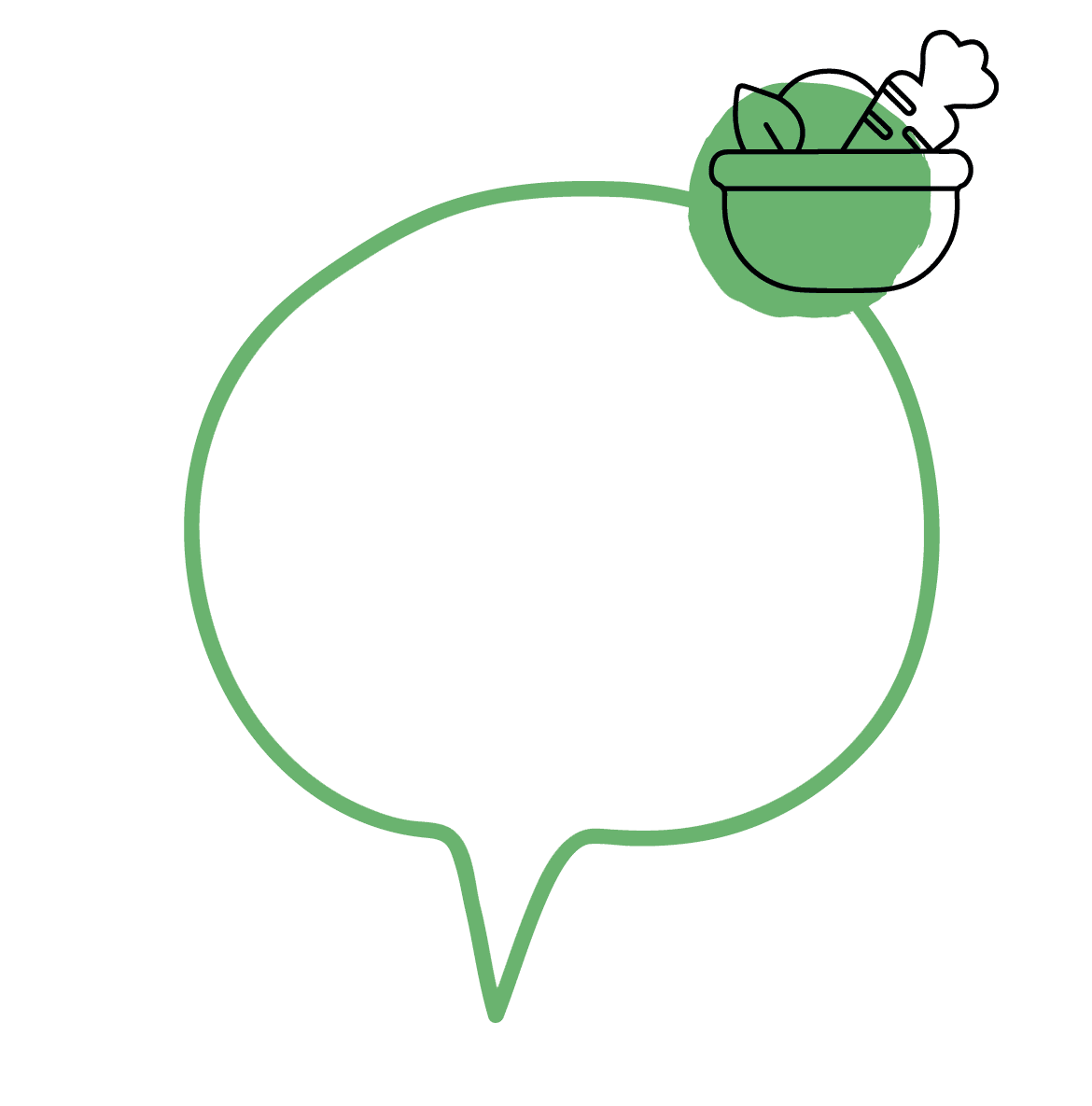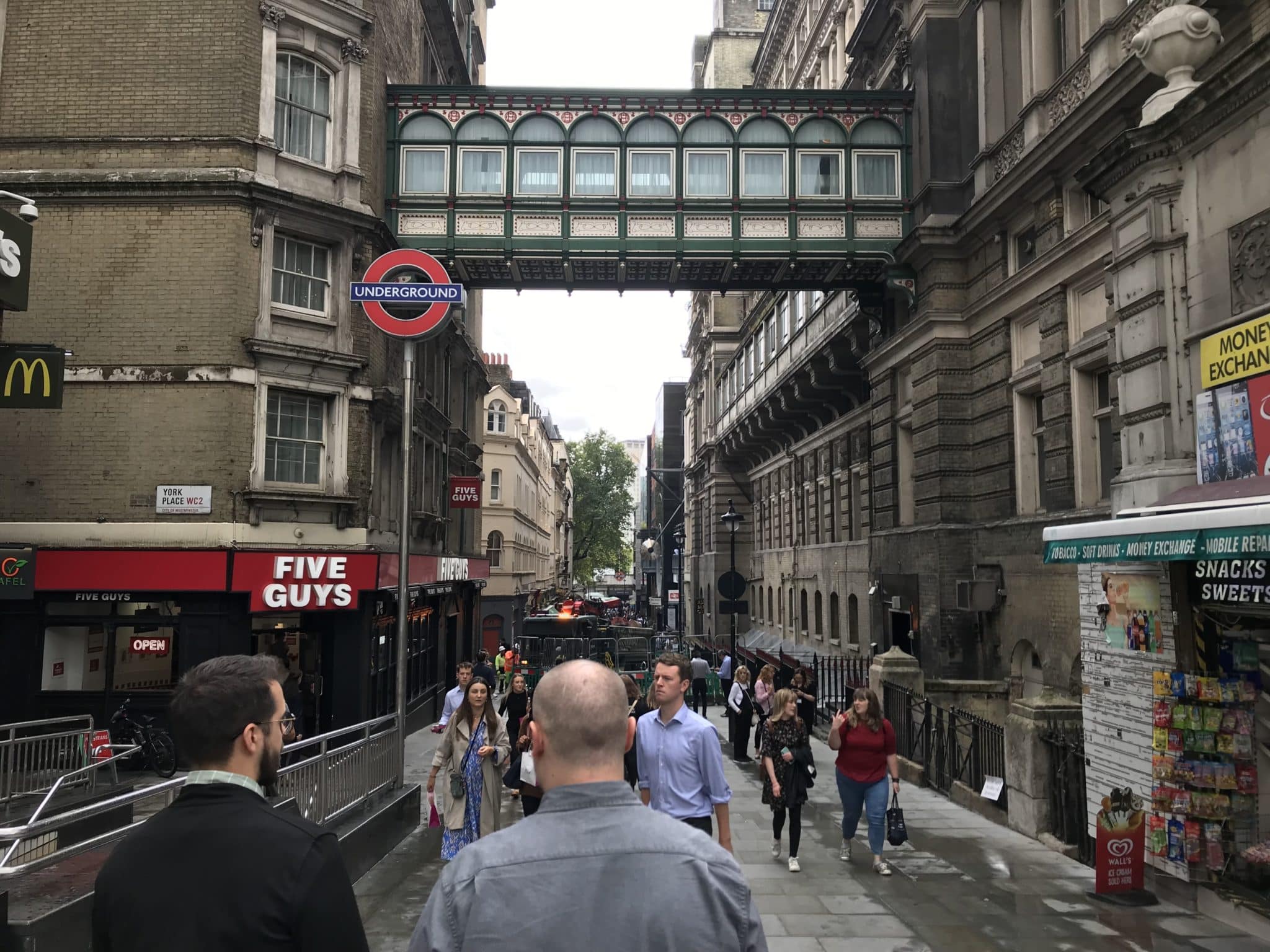No matter where you look, prices are up. Food is no exception, with grocery inflation reaching 13 per cent in August; the highest since 1989. But unlike energy, bills, and rent, food is the one flexible part of the household budget, leaving it open to big changes.
Whether it’s cutting down on higher welfare meat or moving away from organic, the potential implications for ‘ethical’ and sustainable eating are manifold.
In a snapshot survey conducted by Wicked Leeks in July 2022, a deep sense of unfairness, frustration, and anxiety were just some of the sentiments expressed by Londoners when asked how the cost-of-living crisis had affected them.
It echoes findings in a recent survey of 2,000 people by auditors Deloitte, which found that cost was the biggest barrier to a sustainable lifestyle for over half of respondents. It also found that 52 per cent of those asked had repaired more items or bought second-hand in the last 12 months.
“At a time when making sustainable choices is more important than ever, the rising cost-of-living is putting pressure on consumers’ finances,” says ESG lead for Deloitte, Emily Cromwell. “While it’s positive to see a marked improvement in consumers buying only what they need, it’s important to consider that this could also be a result of cutting back more generally. For many consumers, opting for sustainable alternatives is just too expensive.”
Meanwhile, another survey of over 2,000 people by research firm Public First found that 28 per cent of those taking measures to cut costs are reducing their meat intake.
Several Londoners also told Wicked Leeks that they are stopping, or considering stopping, buying organic food, or buying meat less often.
But business development manager at the Soil Association, Lee Holdstock, says the organic market is only seeing very small reductions, at half the rate of declines in non-organic food.
“The organic sector has got this small but dedicated core, which accounts for more than 50 per cent of the spend,” says Holdstock. “On the one hand, we have people making difficult decisions, on the other we have more consumers motivated to make sustainability a priority.”
Survey conducted in several areas of central London in July 2022.
Everything has doubled for me; rent, food, water and electricity. It’s worrying me that’s it’s going to go higher in autumn. We’re definitely being more careful. We’re not five bottles of champagne-type people – it’s just fruit, veg, rice, just generally things you need to survive. We’re changing to value brands more often and my mum is even saying we need to stop buying organic because it’s just really stressful. Organic is something my mum has lived by for many, many years, and I’ve picked that up too. After the last two years, I can’t believe we’re in this situation and it’s not because we decided to spend our money on a trip to Bora Bora. Winnie

Fruit and veg is more expensive. I used to buy meat three times a week, now I only buy it once. I always try to buy organic but it’s way more expensive. It tastes better, but I’m buying less. I come from Spain and the vegetables don’t taste as good here; if you buy organic it’s better. I’m eating out way less now. If groceries are more expensive, you don’t have as much money left to go out. Laia

I have a family allotment and we’ve definitely noticed a lot more people on the allotment are sharing produce so that nothing gets wasted. I think that’s because people feel the value of food. Amy

I’m lucky that it’s not affected me too much. I’m pretty comfortable, but even I’ve noticed that I’m eating at home more than I would normally. Alec

I actually just started getting a produce box delivered to me every two weeks. It hinders me going out to the store and buying stuff every single day when I don’t need it, because I focus on what I have in the fridge. I’m more considered when I go out now because drinks are so expensive. Haley

It’s affected my meal deals. I used to go to Morrisons, sometimes Sainsbury’s, but both of them have pushed them up to £3.50. Now it’s Tesco every time, but you have to have a Clubcard. Rob

During the week, I only try to have one or two meals that have expensive ingredients in them, like meat. The rest of the meals are pretty vegetable-based. But even then, there are some vegetables that are quite expensive. Sabrina

How has the cost-of-living crisis affected your food choices? Let us know in the comments.
This article was originally published in the Autumn 2022 print edition of Wicked Leeks. You can read the full issue online now.









0 Comments